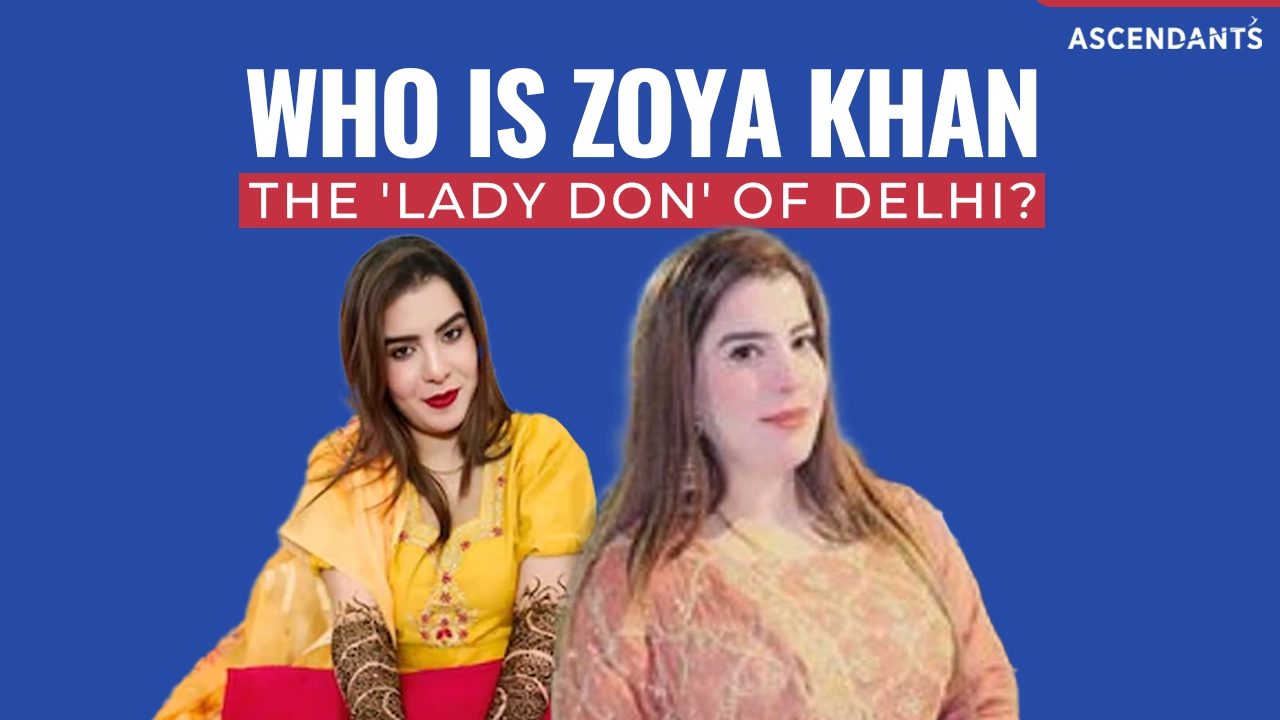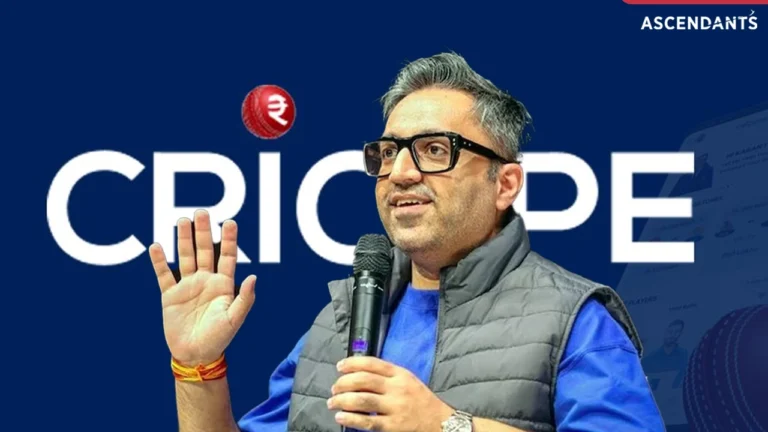For years, Zoya Khan operated in the shadows of Delhi’s underworld. While her husband, Hashim Baba, was incarcerated, she took charge of his criminal empire—one that was built not on brute force but on a highly organized, corporate-style model. Zoya meticulously managed her supply chain by sourcing narcotics from Muzaffarnagar in Uttar Pradesh and distributing them across Delhi. Like a shrewd entrepreneur, she understood market demand, ensuring a steady flow of revenue and growth for her empire.
Zoya Khan – A Money Laundering Case Study
Apart from drug smuggling, Zoya diversified her investments by money laundering through real estate and local businesses. This blending of illicit money with legal money flows allowed her enterprise to maintain a facade of respectability and viability. Her success at staying under the radar for so long was an indication of sophisticated risk management and operational prudence—traits that one would anticipate from high-level corporate managers rather than a player from the underworld.

But the economic might of her empire was coupled with a grim reality. The infusion of untraced funds into the mainstream economy in the form of real estate and small business only warped local economies but also pointed to the difficulty faced by regulators in the face of freely circulating illegal money. Zoya’s ability to establish a parallel economy served to highlight the systemic weaknesses that allow crime syndicates to flourish.
The inevitable confrontation between her criminal business and the police culminated in North East Delhi. Even with her operational competence, the inherent nature of an illegal business—dependent on concealment and subterfuge—proved untenable in the long run. Her recent arrest, along with the confiscation of Rs 1 crore of heroin, is a major disruption of her well-built network. This collapse is not just a personal failure for Zoya but also a case study in the vulnerabilities of criminal business models in the face of concerted law enforcement action.
In the end, the rise and fall of Zoya Khan’s empire offer a stark reminder of the parallels between legal and illegal enterprises. Both require structure, strategy, and adaptability; however, legitimate businesses benefit from the protections of a regulated framework. Zoya’s story forces policymakers and financial institutions to confront the ways in which underground economies can seep into and distort legal financial systems—and highlights the urgent need to tighten the regulatory loopholes that allow such illicit practices to flourish.
Also Read: Elon Musk’s Cringe Flirty Chats with Ashley St. Clair Emerge








